Find Help
More Items From Ergsy search
-
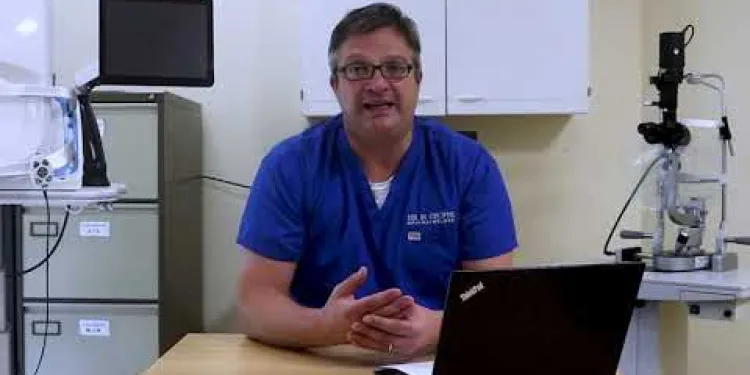
Charles Bonnet Syndrome
Relevance: 100%
-

What is Cushing's syndrome?
Relevance: 22%
-

Munchausen's syndrome | NHS
Relevance: 22%
-

Prader-Willi Syndrome | NHS
Relevance: 22%
-
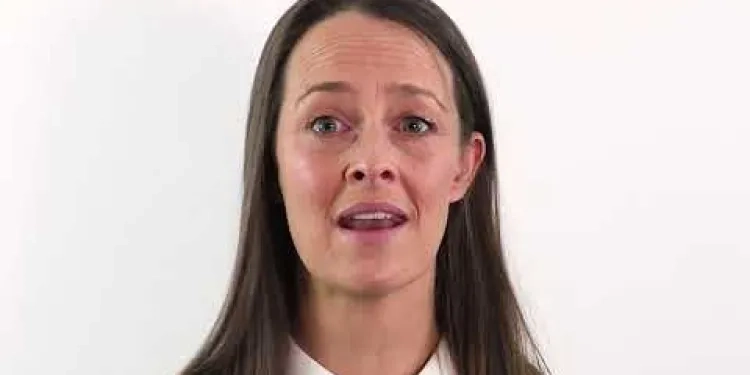
Carpal Tunnel Syndrome
Relevance: 21%
-

Turner syndrome: Beyond the classic XO phenotype
Relevance: 21%
-
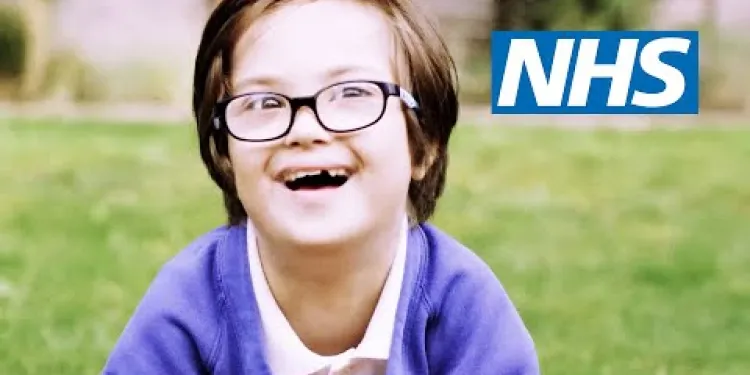
Having a child with Down's syndrome | NHS
Relevance: 20%
-

Down's syndrome: Emily's story | NHS
Relevance: 20%
-

What causes Carpal Tunnel Syndrome?
Relevance: 20%
-

Is Carpal Tunnel Syndrome covered by the NHS?
Relevance: 20%
-
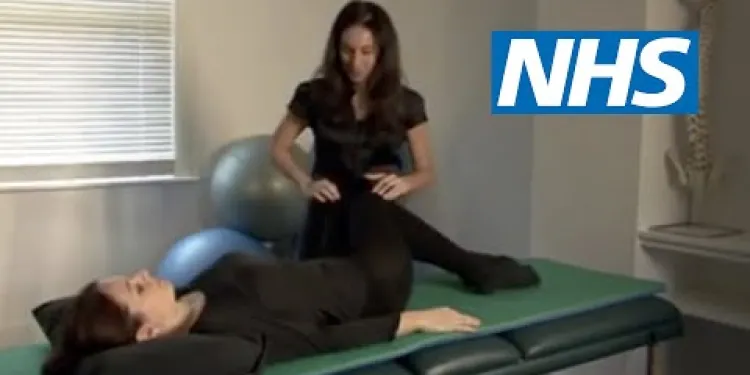
Exercises for sciatica: piriformis syndrome | NHS
Relevance: 20%
-

How is Carpal Tunnel Syndrome diagnosed?
Relevance: 20%
-
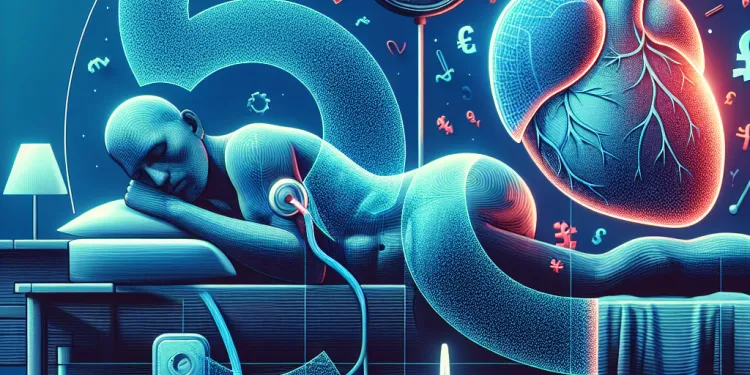
What is complex sleep apnea syndrome?
Relevance: 20%
-

What is complex sleep apnea syndrome?
Relevance: 20%
-

What is Carpal Tunnel Syndrome (CTS)?
Relevance: 20%
-

What is congenital rubella syndrome?
Relevance: 19%
-

How can I prevent Carpal Tunnel Syndrome?
Relevance: 19%
-
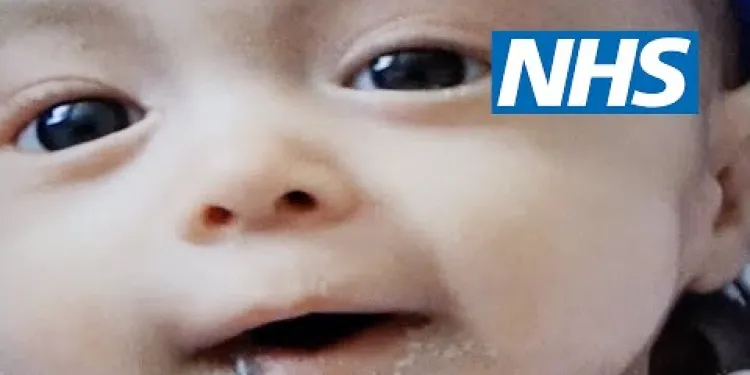
Having a child with Edwards' syndrome (trisomy 18) | NHS
Relevance: 19%
-
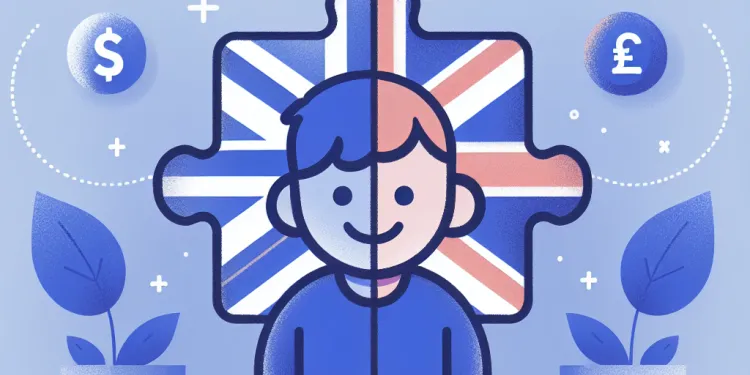
What is the difference between autism and Asperger's syndrome?
Relevance: 19%
-
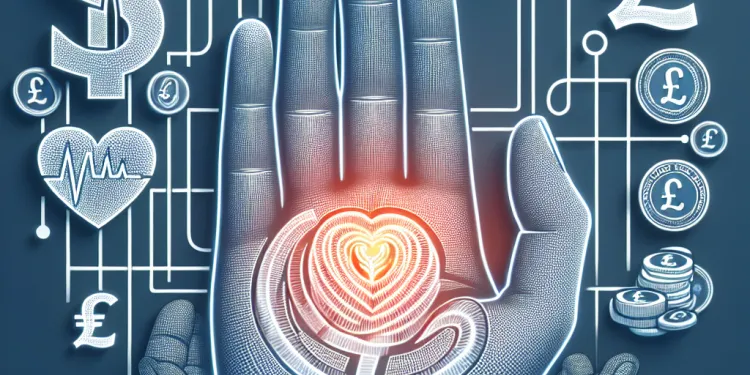
Are there any alternative treatments for Carpal Tunnel Syndrome?
Relevance: 19%
-
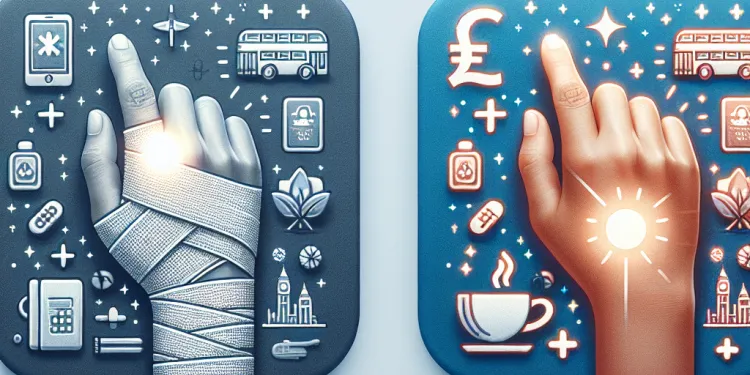
Can Carpal Tunnel Syndrome recur after treatment?
Relevance: 18%
-

Greater trochanteric pain syndrome
Relevance: 18%
-
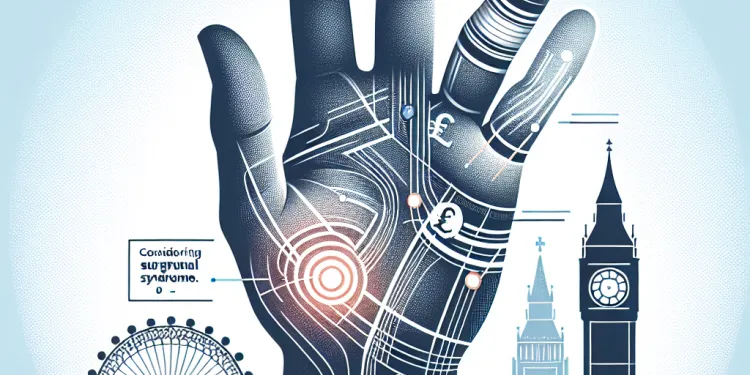
When should I consider surgery for Carpal Tunnel Syndrome?
Relevance: 18%
-
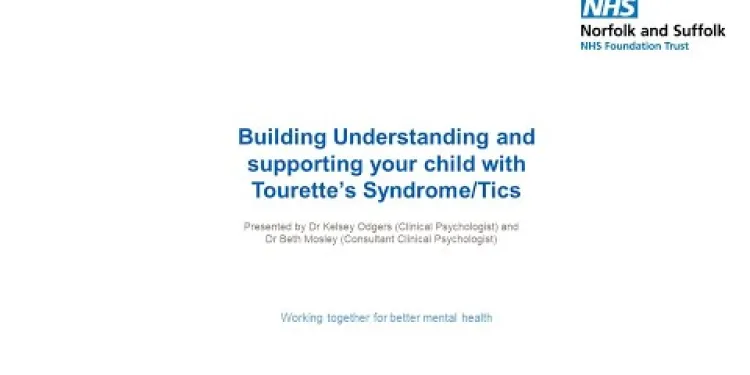
Building Understanding and Supporting Your Child with Tourette’s Syndrome/Tics
Relevance: 18%
-
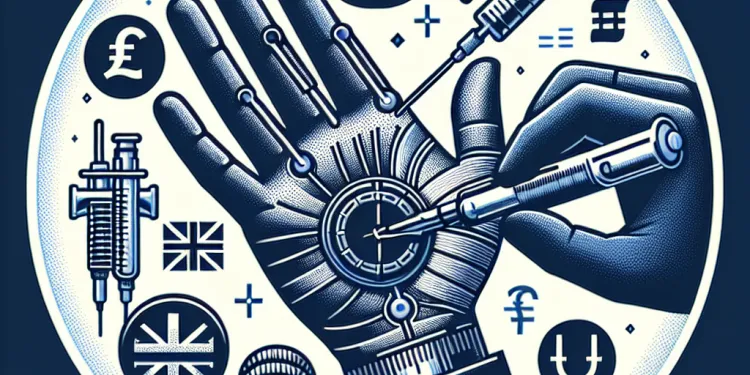
What non-surgical treatments are available for Carpal Tunnel Syndrome?
Relevance: 18%
-

Are there specific exercises that can help with Carpal Tunnel Syndrome?
Relevance: 17%
-
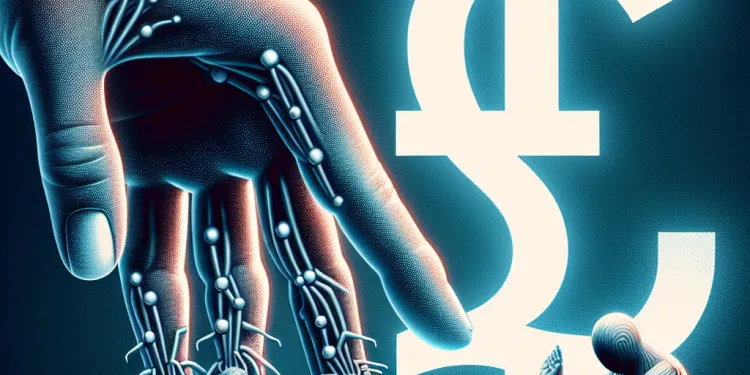
What are the common symptoms of Carpal Tunnel Syndrome?
Relevance: 17%
-

What is irritable bowel syndrome (IBS)?
Relevance: 17%
-

Symptoms of irritable bowel syndrome (IBS)
Relevance: 17%
-
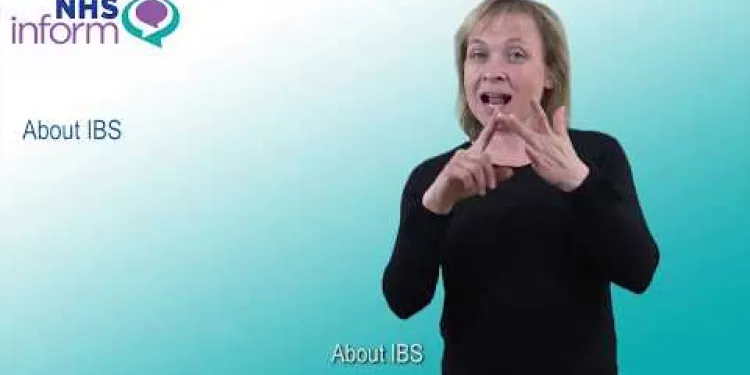
About irritable bowel syndrome (IBS)
Relevance: 17%
-
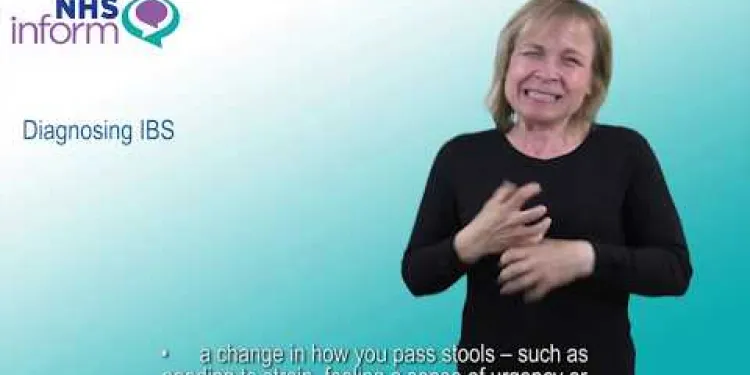
Diagnosing irritable bowel syndrome (IBS)
Relevance: 17%
-
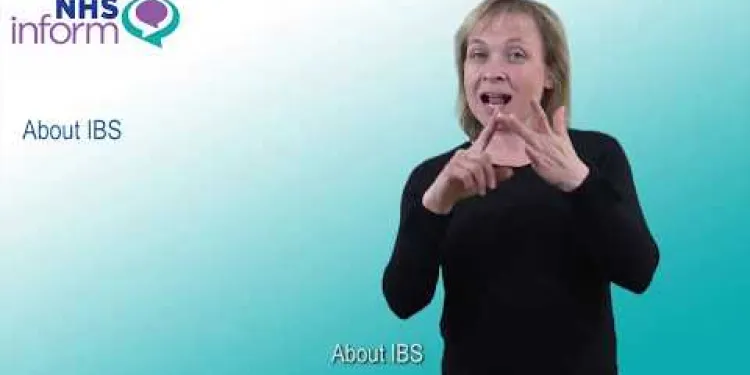
About irritable bowel syndrome (IBS)
Relevance: 17%
-

What is irritable bowel syndrome (IBS)?
Relevance: 17%
-
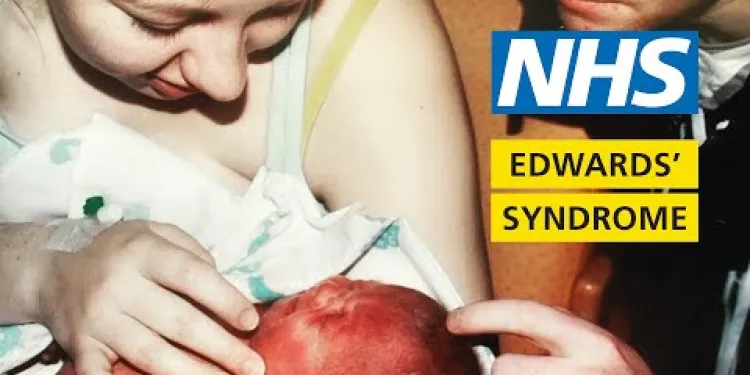
What it's like to have a baby with Edwards' syndrome - My Story - Chloe and Penelope | NHS
Relevance: 17%
-
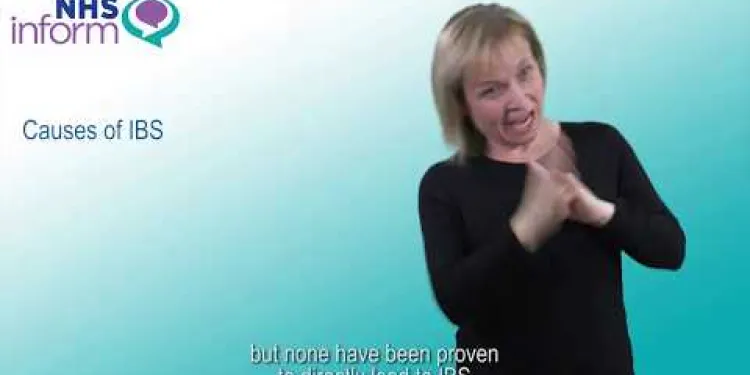
Causes of irritable bowel syndrome (IBS)
Relevance: 16%
-
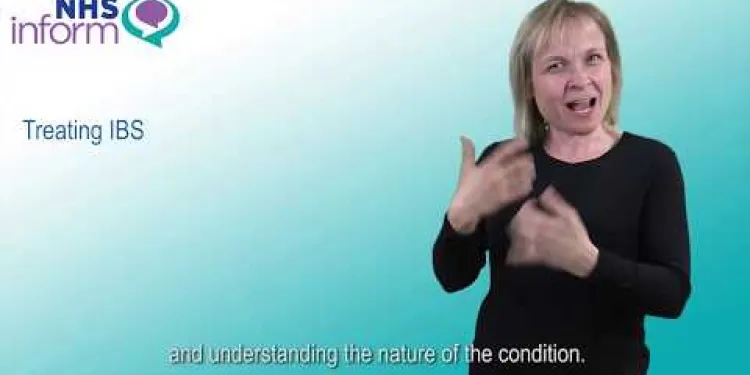
Treating irritable bowel syndrome (IBS)
Relevance: 16%
-
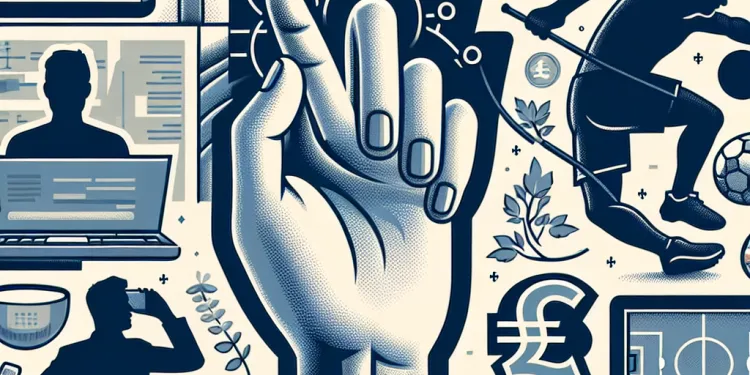
Can I work or continue sports activities if I have Carpal Tunnel Syndrome?
Relevance: 16%
-

What does Carpal Tunnel Syndrome surgery involve?
Relevance: 16%
-
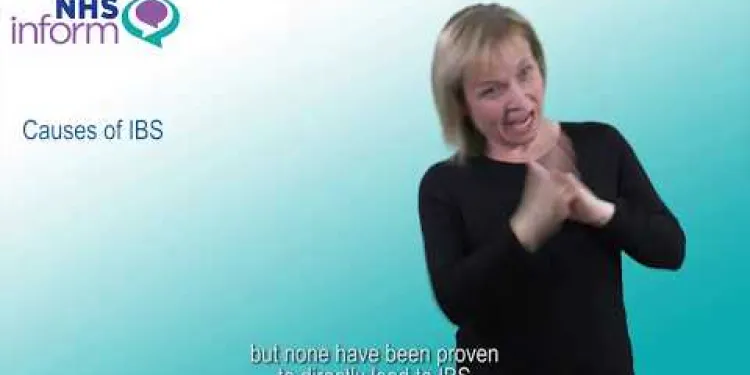
Causes of irritable bowel syndrome (IBS)
Relevance: 16%
-

Can lifestyle changes help manage Carpal Tunnel Syndrome?
Relevance: 16%
Understanding Charles Bonnet Syndrome
Charles Bonnet Syndrome (CBS) is a condition that presents visual hallucinations in people who have lost their eyesight, either partially or completely. Named after the Swiss scientist Charles Bonnet, who first described the phenomenon in the 18th century, CBS remains a largely misunderstood and under-recognized condition, particularly in the United Kingdom.
Causes and Risk Factors
CBS typically affects individuals who have significant vision loss due to conditions like macular degeneration, glaucoma, cataracts, or diabetic retinopathy. The brain, deprived of visual input, begins to create its own images, leading to vivid and complex visual hallucinations. Age is a significant risk factor, as CBS is most commonly seen in elderly individuals who experience age-related eye diseases.
Symptoms and Hallucinations
The hallucinations experienced by those with CBS can vary widely. They may include simple, repetitive patterns, or complex images like people, animals, or landscapes. Importantly, individuals with CBS are usually aware that these hallucinations are not real, which differentiates the syndrome from some psychiatric conditions. The hallucinations, while often surprising or distressing, are generally not harmful in themselves.
Diagnosis and Treatment
Diagnosing CBS involves ruling out other possible causes of visual hallucinations, such as neurological or psychiatric conditions. An eye exam and medical history are crucial components of the diagnostic process. There is currently no cure for CBS, but several management strategies can help. These include optimizing remaining vision with glasses or lighting, as well as addressing anxiety or distress associated with hallucinations. In some cases, medications that reduce hallucinations may be prescribed.
Living with Charles Bonnet Syndrome
Support and understanding are key for individuals living with CBS. Raising awareness among family, friends, and healthcare providers can make a significant difference. Support groups and resources from organizations like the Royal National Institute of Blind People (RNIB) can offer valuable assistance. By fostering an environment of understanding and support, those affected by CBS can lead fulfilling lives despite their visual challenges.
Understanding Charles Bonnet Syndrome
Charles Bonnet Syndrome (CBS) makes people see things that are not there. This happens to people who have lost some or all of their eyesight. It is named after Charles Bonnet, a scientist from Switzerland. Even today, many people do not understand CBS well, especially in the UK.
Causes and Risk Factors
CBS usually affects people who have lost a lot of their vision. This can be from eye problems like macular degeneration, glaucoma, cataracts, or diabetic retinopathy. When the eyes do not see well, the brain makes its own pictures, causing people to see things that are not real. Older people are more likely to have CBS because they often have eye diseases.
Symptoms and Hallucinations
People with CBS see things that are not real. These can be simple shapes or detailed pictures like people, animals, or places. Most people with CBS know that these sights are not real. This helps to tell CBS apart from some other mental health problems. These hallucinations can be surprising or upsetting but they are not dangerous.
Diagnosis and Treatment
To find out if someone has CBS, doctors check for other reasons why a person might see things that are not there. They often do an eye test and ask about the person's health history. There is no cure for CBS, but there are ways to help. Good lighting and using glasses can help with seeing better. Talking to someone about feelings of worry can also help. In some cases, medicine may be given to help reduce seeing things that are not there.
Living with Charles Bonnet Syndrome
Support and understanding are very important for people with CBS. Family, friends, and doctors can help make a big difference. There are support groups and organizations like the Royal National Institute of Blind People (RNIB) that can help. With the right support, people with CBS can live happy and full lives even if they have trouble seeing.
Frequently Asked Questions
What is Charles Bonnet Syndrome (CBS)?
Charles Bonnet Syndrome (CBS) is a condition where individuals with significant vision loss experience visual hallucinations. These hallucinations are purely visual and are not associated with mental health conditions.
Who is affected by CBS?
CBS primarily affects older adults who have significant vision loss due to conditions like macular degeneration, glaucoma, or diabetic retinopathy. However, it can also occur in younger individuals with similar visual impairments.
What kind of visual hallucinations do people with CBS experience?
People with CBS may see simple patterns or more complex images such as people, animals, and landscapes. The hallucinations can be black-and-white or in colour and often appear intermittently.
Are the hallucinations in CBS harmful?
No, the hallucinations are not harmful in themselves. They do not indicate mental illness or cognitive decline. Nonetheless, they can be disturbing or confusing for the individuals experiencing them.
What causes Charles Bonnet Syndrome?
The exact cause of CBS is unknown, but it is believed to result from the brain's attempt to compensate for the lack of visual input due to significant vision loss.
How is CBS diagnosed?
There are no specific tests for CBS. Diagnosis typically involves ruling out other causes of hallucinations and confirming significant vision loss. An eye specialist or neurologist might help in diagnosing CBS.
Is there a treatment for CBS?
There is no specific treatment for CBS, but understanding and managing the condition can help. Speaking with a healthcare professional, maintaining a healthy lifestyle, and finding ways to cope with the hallucinations are beneficial.
Can Charles Bonnet Syndrome be cured?
There is currently no cure for CBS. However, the hallucinations often decrease in frequency and intensity over time without specific treatment.
Can medications help with CBS?
Medications are not typically prescribed for CBS. In some cases, specific drugs that affect neurotransmitter activity may be tried, but their effectiveness can vary.
Should I be worried about experiencing hallucinations with CBS?
While hallucinations can be unsettling, they are not harmful. Understanding that they are a result of vision loss and not mental illness can help reduce anxiety.
What should I do if I experience visual hallucinations?
If you experience visual hallucinations, it's important to talk to a healthcare professional to rule out other conditions. They can confirm if these are related to CBS and advise on coping strategies.
How common is Charles Bonnet Syndrome?
CBS is relatively common among people with significant vision loss. It is estimated that around 10-40% of people with severe visual impairment may experience CBS at some point.
Can CBS affect daily life?
While CBS hallucinations are generally not harmful, they can sometimes interfere with daily activities, especially if they are frequent or vivid. Managing stress and understanding the condition can help mitigate the impact on daily life.
What can family members do to help someone with CBS?
Family members can offer support by being understanding and reassuring. It’s helpful to learn about CBS and encourage their loved one to discuss their experiences without fear of judgement.
Is Charles Bonnet Syndrome related to mental illness?
No, CBS is not related to mental illness. The hallucinations are due to vision loss and are not a sign of dementia or psychiatric disorders.
What is Charles Bonnet Syndrome (CBS)?
Charles Bonnet Syndrome, or CBS, is when people who have lost some sight see things that are not really there. This can happen when the brain tries to fill in the gaps from missing vision.
People with CBS might see shapes, patterns, or even detailed images.
If you have CBS, it can be scary, but it is not a sign of mental illness. It happens because your eyes and brain are working differently.
Ways to manage CBS include:
- Talk to a doctor about it.
- Speak with others who have CBS.
- Rest when you need to.
- Reduce stress by listening to calm music.
Charles Bonnet Syndrome (CBS) is a condition where people have big problems seeing and start to see things that aren't really there. These things they see are just pictures and are not linked to any mental health issues.
Who does CBS affect?
CBS can affect some people, but not everyone. It mostly affects older people who cannot see well. Their eyes might not work like they used to, and this makes it hard for them to see things clearly.
If someone has CBS, they might see things that are not really there. These things are called "hallucinations." It can be scary or confusing, but it is not dangerous.
If you or someone you know has trouble seeing, it is a good idea to talk to a doctor or an eye specialist. They can help figure out what is happening and find ways to make it better.
Using a magnifying glass or talking to a vision support expert can be helpful, too.
CBS mostly happens to older people who have lost a lot of their sight. This can be because of eye problems like macular degeneration, glaucoma, or diabetic retinopathy. But sometimes, younger people with similar eyesight problems can get it too.
What do people with CBS see that is not real?
People with CBS might see simple shapes or more complicated pictures like people, animals, and places. These things they see can be in black-and-white or color. They come and go and don't stay all the time.
Are the seeing things in CBS dangerous?
No, seeing things that are not there (hallucinations) is not harmful by itself. It does not mean you are sick in the mind or that your mind is getting worse. But it can be scary or puzzling for people who see these things.
If you find it hard to understand, you can use tools to help. For example, you can use apps that read text out loud or ask someone to explain it to you.
Why does Charles Bonnet Syndrome happen?
Charles Bonnet Syndrome can happen when someone has trouble seeing. This means there is a problem with their eyes. The brain tries to make up for not seeing well, so it shows pictures that are not real. These are called hallucinations.
If you or someone you know has Charles Bonnet Syndrome, talking to a doctor can help. Using notes or recording how often visions happen can be useful. There are also groups and tools that can offer support.
We don't know exactly why CBS happens. But we think it might be because the brain is trying to make up for not being able to see well.
How do doctors find out if someone has CBS?
Doctors do not have a special test to find CBS. To figure out if someone has it, doctors first check if something else is causing the hallucinations. They also confirm if the person has really bad vision. A doctor who knows a lot about eyes or the brain can help decide if someone has CBS.
Can CBS be helped?
Yes, there are ways to help people with CBS feel better.
Doctors and health helpers can give tips. They can help people feel less scared.
Some people use eye exercises to help.
Listening to music or looking at things can also help.
If you have CBS, tell someone you trust. They can help you find the right support.
There is no special medicine for CBS, but there are ways to help. Talk to a doctor to understand CBS better. Live healthy by eating well, exercising, and sleeping enough. Find ways to deal with the things you see that aren't there.
Some tips to help you cope:
- Keep your mind busy with games, puzzles, or hobbies.
- Talk to friends or family about how you feel.
- Try relaxing activities like listening to music or drawing.
Can Charles Bonnet Syndrome Get Better?
Charles Bonnet Syndrome means seeing things that are not real. This happens when a person loses some or all of their sight.
There is no sure way to make Charles Bonnet Syndrome go away. But there are things that can help make it easier:
- Talking to a doctor or a nurse is a good idea.
- Doing puzzles or playing games can help your brain.
- Meditation or relaxing helps to calm down.
If you or someone you know has this, don’t worry. Talking to someone can help a lot.
Right now, there is no cure for CBS. But the good news is that the hallucinations usually get less scary and happen less often as time goes on.
Can Medicine Help with CBS?
Doctors don't usually give medicine for CBS. Sometimes, they might try special pills that change how the brain works, but they don't always help.
Should I worry about seeing things with CBS?
If you have CBS, you might see things that are not there. This is called a "hallucination." It can be scary, but it's good to know it's not real.
Here's what you can do:
- Tell a doctor or a trusted person. They can help you feel better.
- Remember, many people with CBS see things. You are not alone.
- Try to stay calm and relax. Take deep breaths to help with stress.
If you have questions, ask someone you trust or a doctor. They will help you understand CBS better.
Seeing things that are not really there can be scary. But don't worry, they can't hurt you. It's important to know that this happens because of vision loss, not because something is wrong with your mind. This can help you feel less worried.
What can I do if I see things that are not real?
If you see things that are not there, it is important to talk to a doctor or nurse. They can check if there is another reason for this. The doctor can tell if it is because of CBS and help with ways to handle it.
How often do people get Charles Bonnet Syndrome?
Charles Bonnet Syndrome is when people see things that aren't really there.
This can happen when vision gets worse. The brain fills in missing pictures.
It is not very rare, but not everyone has it.
If you know someone with this, it's good to talk and ask for help if needed.
Tools like audiobooks and large print books can help people who have trouble seeing. Also, talking to an eye doctor is a good idea.
CBS is something that can happen to people who can't see well. It is quite common. About 10 to 40 out of 100 people with really bad eyesight might have CBS at some time.
Can CBS change how we live every day?
CBS might change how you do things every day. If you have CBS, you could see things that are not really there. This might make you feel worried or scared.
Here are some tips to help:
- Talk to someone you trust about how you feel. It can be a friend, a family member, or a doctor.
- Remember that what you see is not real, so try to stay calm.
- Take deep breaths. Breathe in slowly, then breathe out slowly.
- Try doing something you enjoy, like reading a book or listening to music.
It is important to ask for help if you need it.
CBS hallucinations are not usually dangerous. But they can make doing everyday things harder if they happen a lot or seem very real. Learning to stay calm and knowing more about CBS can help make it easier to deal with.
How can family help someone with CBS?
Family can help by being kind and supportive. It’s good to learn about CBS. Family should listen to their loved one talk about CBS. This is important, and they should do it without judging.
Is Charles Bonnet Syndrome linked to mental illness?
Charles Bonnet Syndrome is when people see things that are not really there, like shapes or people. This happens because their eyes are not working well, not because of mental illness. It is important to know these pictures or shapes are not caused by the mind being sick.
If you want to help someone with Charles Bonnet Syndrome, you can try these ideas:
- Talk to them calmly and let them know it is okay.
- Help them understand why they see these things.
- Visit a doctor to get more information.
- Use good lighting and adjust the room to help their eyes.
No, CBS is not about mental illness. The things people see happen because they can't see well anymore. It doesn't mean they have dementia or other brain problems.
Here are some helpful tools:
- Ask a doctor or nurse for help.
- Talk to friends or family about how you feel.
- Use books or apps that are easy to understand.
Useful Links
- Ergsy carfully checks the information in the videos we provide here.
- Videos shown by Youtube after a video has completed, have NOT been reviewed by ERGSY.
- To view, click the arrow in centre of video.
- Most of the videos you find here will have subtitles and/or closed captions available.
- You may need to turn these on, and choose your preferred language.
- Go to the video you'd like to watch.
- If closed captions (CC) are available, settings will be visible on the bottom right of the video player.
- To turn on Captions, click settings .
- To turn off Captions, click settings again.
More Items From Ergsy search
-

Charles Bonnet Syndrome
Relevance: 100%
-

What is Cushing's syndrome?
Relevance: 22%
-

Munchausen's syndrome | NHS
Relevance: 22%
-

Prader-Willi Syndrome | NHS
Relevance: 22%
-

Carpal Tunnel Syndrome
Relevance: 21%
-

Turner syndrome: Beyond the classic XO phenotype
Relevance: 21%
-

Having a child with Down's syndrome | NHS
Relevance: 20%
-

Down's syndrome: Emily's story | NHS
Relevance: 20%
-

What causes Carpal Tunnel Syndrome?
Relevance: 20%
-

Is Carpal Tunnel Syndrome covered by the NHS?
Relevance: 20%
-

Exercises for sciatica: piriformis syndrome | NHS
Relevance: 20%
-

How is Carpal Tunnel Syndrome diagnosed?
Relevance: 20%
-

What is complex sleep apnea syndrome?
Relevance: 20%
-

What is complex sleep apnea syndrome?
Relevance: 20%
-

What is Carpal Tunnel Syndrome (CTS)?
Relevance: 20%
-

What is congenital rubella syndrome?
Relevance: 19%
-

How can I prevent Carpal Tunnel Syndrome?
Relevance: 19%
-

Having a child with Edwards' syndrome (trisomy 18) | NHS
Relevance: 19%
-

What is the difference between autism and Asperger's syndrome?
Relevance: 19%
-

Are there any alternative treatments for Carpal Tunnel Syndrome?
Relevance: 19%
-

Can Carpal Tunnel Syndrome recur after treatment?
Relevance: 18%
-

Greater trochanteric pain syndrome
Relevance: 18%
-

When should I consider surgery for Carpal Tunnel Syndrome?
Relevance: 18%
-

Building Understanding and Supporting Your Child with Tourette’s Syndrome/Tics
Relevance: 18%
-

What non-surgical treatments are available for Carpal Tunnel Syndrome?
Relevance: 18%
-

Are there specific exercises that can help with Carpal Tunnel Syndrome?
Relevance: 17%
-

What are the common symptoms of Carpal Tunnel Syndrome?
Relevance: 17%
-

What is irritable bowel syndrome (IBS)?
Relevance: 17%
-

Symptoms of irritable bowel syndrome (IBS)
Relevance: 17%
-

About irritable bowel syndrome (IBS)
Relevance: 17%
-

Diagnosing irritable bowel syndrome (IBS)
Relevance: 17%
-

About irritable bowel syndrome (IBS)
Relevance: 17%
-

What is irritable bowel syndrome (IBS)?
Relevance: 17%
-

What it's like to have a baby with Edwards' syndrome - My Story - Chloe and Penelope | NHS
Relevance: 17%
-

Causes of irritable bowel syndrome (IBS)
Relevance: 16%
-

Treating irritable bowel syndrome (IBS)
Relevance: 16%
-

Can I work or continue sports activities if I have Carpal Tunnel Syndrome?
Relevance: 16%
-

What does Carpal Tunnel Syndrome surgery involve?
Relevance: 16%
-

Causes of irritable bowel syndrome (IBS)
Relevance: 16%
-

Can lifestyle changes help manage Carpal Tunnel Syndrome?
Relevance: 16%